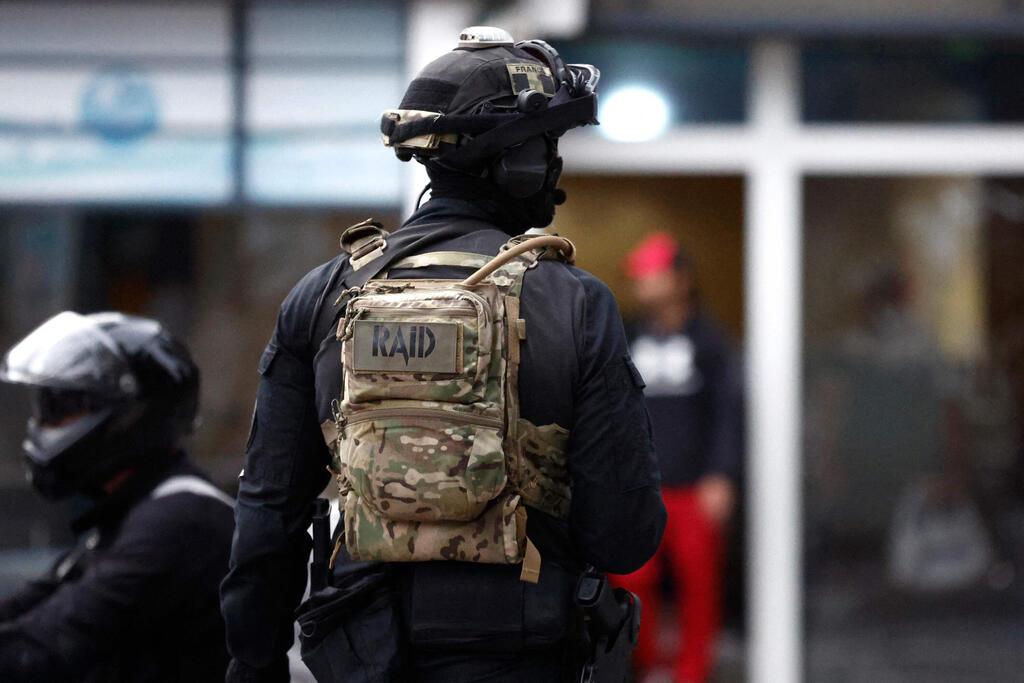Getting your Trinity Audio player ready...
The appointment of Michel Barnier as the new prime minister of France sparked widespread protests across the country. The controversial appointment came after a hung parliament resulted from inconclusive elections, with the leftist bloc, the New Popular Front (NPF), obtaining the most seats.
Barnier's appointment was met with immediate backlash from political factions and the general public. According to a survey published by Yahoo! News, 74% of the protesters accused Macron of ignoring election results, and 55% believed he "stole" the elections.
Around 300,000 people have demonstrated against Macron's policies across France, with 160,000 in Paris. French police numbers for the Paris demonstration were considerably lower, standing at 26,000.
La France Insoumise, a prominent opposition party, filed for impeachment against Macron, claiming he denied democracy amid fears that Barnier's leadership may lead to public spending cuts and stricter immigration policy.
The protests were called by labor unions and members of the NPF, angered by Macron's rejection of Lucie Castets as Prime Minister, whom he deemed unlikely to survive a confidence vote.
Barnier expressed a desire for a collaborative government, indicating an openness to alliances with conservatives, members of Macron's party, and some leftists. He is also facing potential no-confidence motions.
Despite the backlash, Barnier's tenure may survive as the far-right National Rally has stated that it will not automatically oppose him.
Opposition politician Jean-Luc Mélenchon vehemently opposed Macron's action. "For democracy, stop Macron’s coup," Mélenchon stated, calling for a "long battle."
Paris mayor Anne Hidalgo expressed "deep indignation" towards the Socialist Party for preventing Bernard Cazeneuve's nomination as Prime Minister. Hidalgo noted that Cazeneuve was the president's considered choice but was rejected by his own party.
Barnier's policies have faced criticism on several fronts, including being seen as gender-discriminatory and anti-LGBTQ+.
Barnier acknowledged the challenge of balancing public service improvements with practical constraints. During his first official visit as Prime Minister to a Paris children's hospital, he emphasized the importance of public services but stated, "We can make improvements without carrying out miracles."
Olivier Faure, First Secretary of the Socialist Party, declared that no member of his party would be part of Barnier's government.
Barnier faces an immediate challenge of presenting the 2025 budget by early October, while also contending with pressure from the European Commission for reforms.
This article was written in collaboration with Generative AI news company Alchemiq
Sources: BBC, The Washington Post, France 24, Breitbart, Al Jazeera, Deutsche Welle, The Guardian, CNN, ABC News, Yahoo! News.


